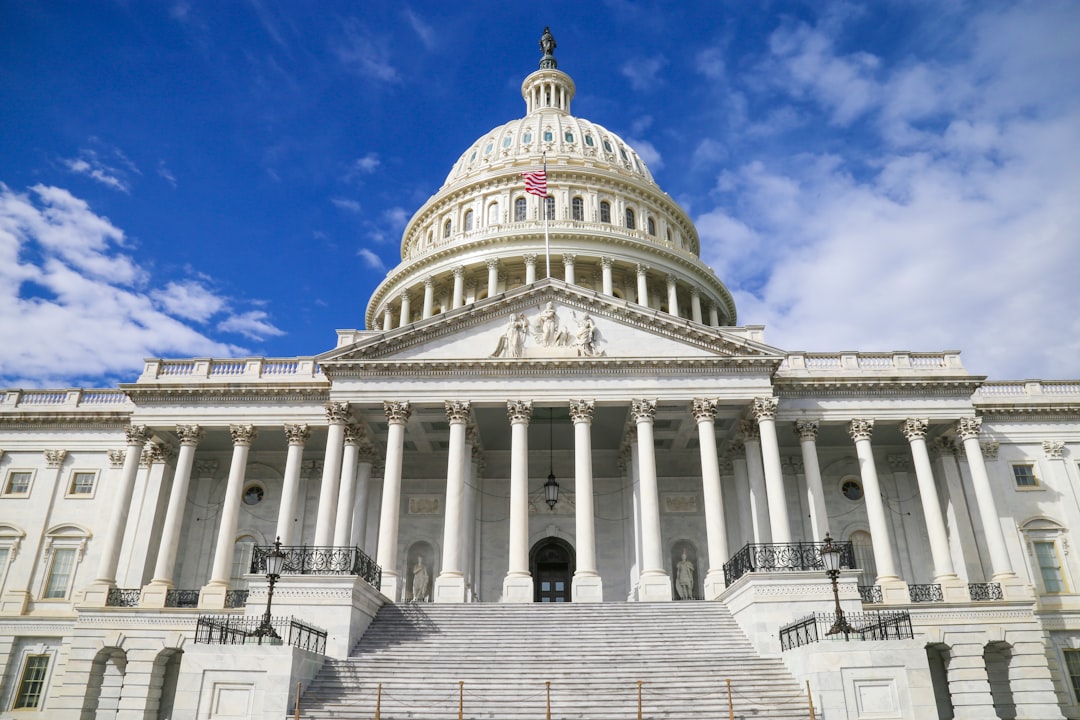Washington state has strict Do Not Call laws targeting debt collection agencies and law firms, giving consumers control over unwanted phone calls related to credit card debts. The Washington Fair Debt Collection Practices Act (WFDCPA) mirrors federal guidelines, regulating when and how collectors can contact residents, prohibiting aggressive behavior, false statements, and abusive tactics. Consumers have rights to request validation, limit contact frequency, and seek damages for violations through legal avenues like filing complaints or private litigation, with statutory damages up to $1,000 per violation plus actual damages. "Do Not call law firms" is only one step; understanding these robust protections is key to navigating debt collection practices in Washington.
“In the intricate web of consumer protection, Washington state has established robust regulations surrounding debt collection practices, particularly regarding credit card debts. This article serves as a comprehensive guide to navigating Washington’s debt collection laws, with a specific focus on the Do Not Call Law for debt collectors in the state. We’ll explore the scope and application of these laws, the rights of consumers, and the restrictions placed on collection agencies. Understanding these rules is crucial for both debtors and reputable do not call law firms operating in Washington.”
Understanding Washington's Do Not Call Law for Debt Collection

In Washington state, consumers are protected by a robust Do Not Call Law specifically targeting debt collection agencies and law firms. This law empowers residents to take control of their phone lines by preventing unwanted calls from debt collectors. If you’ve placed your number on a Do Not Call registry or simply wish to stop receiving calls from these entities, it’s crucial to understand the implications for debt collection practices in Washington.
The Do Not Call Law allows individuals to request that their telephone numbers be added to a “do not call” list, effectively blocking telemarketing and debt collection calls. This means that debt collection firms and law firms specializing in debt recovery must refrain from calling residents on their listed numbers unless they have an established business relationship or the consumer provides explicit consent. Washington’s implementation of this law is a significant safeguard for consumers dealing with credit card debt, ensuring they can manage their financial situations without constant harassment from collection agencies.
Scope and Application of the Law on Credit Card Debt

In Washington, the laws governing debt collection apply equally to credit card debts. The scope of these regulations is broad, encompassing all forms of consumer debt, including credit card balances. The main statute governing debt collection practices in Washington is the Washington Fair Debt Collection Practices Act (WFDCPA), which mirrors federal guidelines set by the Fair Debt Collection Practices Act (FDCPA). This means that debt collectors must adhere to specific rules when dealing with credit card debts, such as refraining from using abusive or deceptive tactics.
When it comes to application, these laws are designed to protect consumers from harassment and unfair practices. They dictate how and when debt collectors can contact individuals regarding their credit card debts. For instance, collectors cannot call before 8 am or after 9 pm, nor can they repeatedly contact consumers or use obscene language. Additionally, they must provide clear and accurate information about the debt and give consumers the right to dispute the validity of the debt. This ensures that Washington residents are treated fairly during the debt collection process for their credit cards.
Rights of Consumers Under Washington Debt Collection Laws

Under Washington debt collection laws, consumers have several rights that protect them from unfair or aggressive collection practices, especially regarding credit card debts. One significant right is the ability to request validation of the debt. This means that when a debt collector contacts you, they must provide proof that the debt is legitimate and outline the amount owed. If the collector cannot produce this validation, you have the legal right to dispute the debt and demand that it be verified.
Additionally, Washington state laws restrict how often and when debt collectors can contact you. They are prohibited from calling you at inconvenient times or places, such as before 8 a.m. or after 9 p.m., unless you give them explicit consent. Furthermore, collectors cannot use abusive language, threaten legal action without intent to take it, or misrepresent the amount of debt you owe. These laws ensure that consumers remain in control and are treated fairly during the debt collection process, especially when dealing with credit card companies.
Restrictions on Debt Collectors in Washington State

In Washington State, debt collectors are subject to strict regulations aimed at protecting consumers from aggressive or unfair practices. One notable restriction is the Do Not Call law regarding law firm collections. According to Washington laws, if you have placed a ‘Do Not Call’ request with a law firm, they cannot contact you again for any purpose, including debt collection. This law ensures that consumers have peace of mind and control over their communication preferences.
Additionally, debt collectors in Washington are prohibited from engaging in abusive or harassing behavior, using false or deceptive statements, or employing unfair practices to collect debts. They must provide validation of the debt when requested by the consumer and refrain from threatening language or attempts to intimidate. These restrictions are designed to uphold fair collection practices and empower consumers with rights against excessive or inappropriate debt collection efforts.
Enforcement and Penalties for Violations of Washington's Debt Collection Rules

In Washington, debt collectors must adhere to strict rules outlined in the Washington Fair Debt Collection Practices Act (WFDCPA). Enforcement of these rules is handled by the Washington State Attorney General’s Office and the Federal Trade Commission (FTC). If a debt collector violates these regulations, individuals affected have the right to take legal action. They can file a complaint with the Attorney General’s Office or seek damages through private litigation, including suing for actual damages, costs, and attorney fees.
Penalties for violations can be severe. Debt collectors who repeatedly break the rules may face significant fines and other penalties. Moreover, individual consumers have the right to sue for statutory damages of up to $1,000 per violation, as well as their actual damages. These strict enforcement mechanisms aim to protect Washington residents from aggressive or unfair debt collection practices, especially when it comes to credit card debts. Remember that, if you believe a debt collector has broken these rules, “Do Not call law firms” is not the solution; rather, there are legal avenues available to address and resolve such issues.






